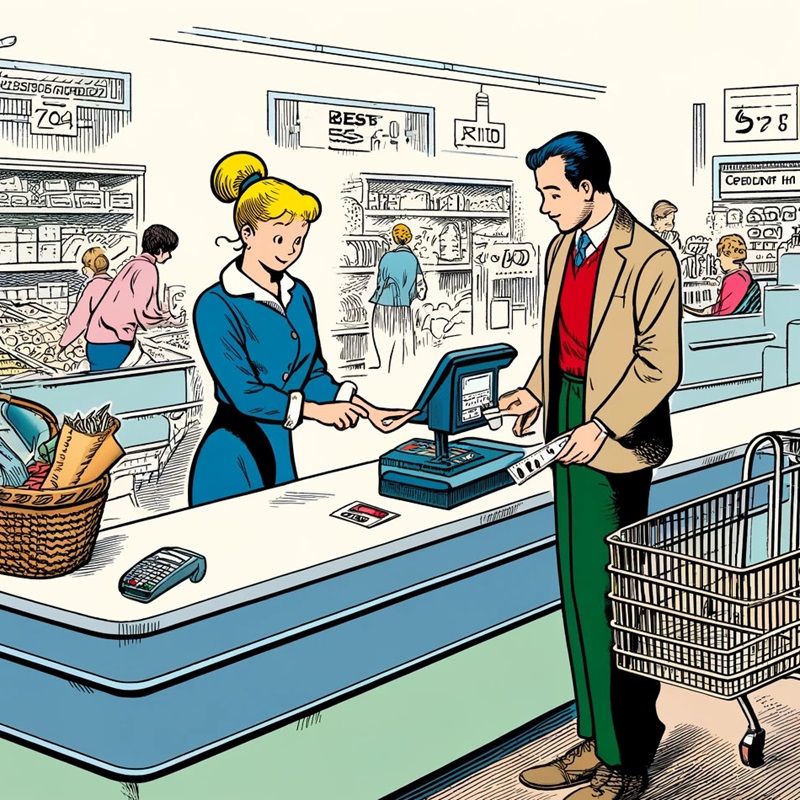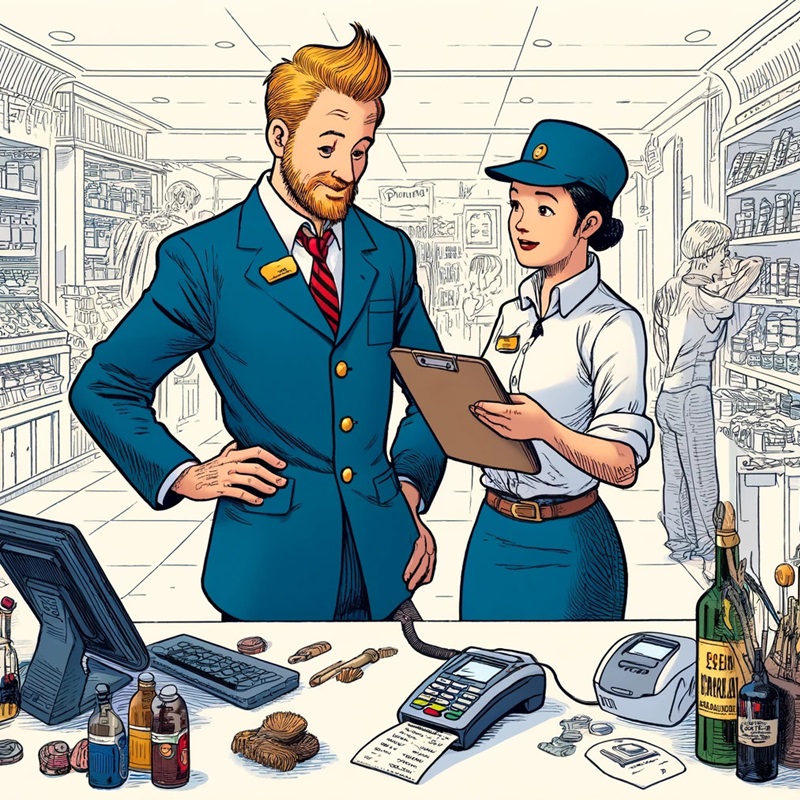
POS for Grocery Stores
Grocery stores are the heartbeat of daily life, supplying communities with essential goods and creating a hub for social interaction. Running a successful grocery store involves managing a vast inventory, ensuring quick and efficient checkouts, and maintaining high standards of customer service. A critical component in achieving this is selecting the right Point of Sale (POS) system. The right POS system not only streamlines transactions but also enhances overall store management. This guide delves into the unique considerations for grocery stores and how to choose the perfect payments vendor to meet these needs.
Grocery stores operate in a dynamic environment characterized by high transaction volumes and diverse product ranges. The first step in choosing a POS system for a grocery store is understanding the specific challenges and requirements of this retail sector. Unlike other retail environments, grocery stores need to handle perishable items, varying pricing structures, and extensive inventory lists. Therefore, the POS system must be robust enough to manage these complexities efficiently.
One of the unique considerations for grocery stores is the need for speed at the checkout. Long lines can deter customers and negatively impact their shopping experience. Thus, the POS system must facilitate rapid and seamless transactions. This involves not only processing payments quickly but also integrating with barcode scanners and weighing scales to ensure accurate pricing for items sold by weight. A fast and efficient checkout process helps in reducing wait times and improving customer satisfaction.
Inventory management is another critical aspect for grocery stores. The POS system should have advanced inventory tracking capabilities to handle the extensive range of products, from fresh produce to packaged goods. An effective inventory management system can help store owners keep track of stock levels in real-time, manage reorder points, and reduce waste by monitoring the shelf life of perishable items. This functionality is crucial in preventing stockouts of popular items and ensuring that fresh products are always available.
The ability to manage promotions and discounts efficiently is also essential for grocery stores. Weekly specials, loyalty programs, and seasonal discounts are common strategies used to attract and retain customers. The POS system should offer flexible pricing options that allow store owners to easily set up and manage these promotions. Additionally, integrating a loyalty program within the POS system can help track customer purchases and offer personalized rewards, encouraging repeat business and fostering customer loyalty.
Given the diverse product range in grocery stores, the POS system must support various payment methods. Customers today expect multiple payment options, including credit and debit cards, mobile payments, and contactless transactions. Offering a wide range of payment methods not only enhances the customer experience but also reduces the risk of abandoned sales due to limited payment options. The POS system should be capable of handling these different methods seamlessly, ensuring a smooth checkout process.
Security is a paramount concern when dealing with customer payments. Grocery stores handle a high volume of transactions daily, making them a target for fraud and data breaches. The chosen POS vendor must offer advanced security features to protect sensitive customer data. Compliance with industry standards such as PCI DSS (Payment Card Industry Data Security Standard) is essential. Features like encryption and tokenization further enhance security by safeguarding payment information during and after transactions.
Another unique consideration for grocery stores is the need for integration with other business systems. The POS system should be able to integrate with accounting software, customer relationship management (CRM) systems, and supply chain management tools. This integration creates a cohesive and efficient operation, allowing store owners to manage finances, track customer preferences, and streamline inventory replenishment. An integrated system provides valuable insights into sales trends and customer behavior, helping store owners make informed business decisions.
Customer service is at the core of a successful grocery store operation. The POS system can play a significant role in enhancing the overall customer experience. For example, self-checkout kiosks can reduce wait times and offer a convenient alternative for tech-savvy customers. Additionally, features such as electronic receipts and mobile payment options cater to the evolving preferences of modern shoppers. By offering these conveniences, grocery stores can differentiate themselves and build a loyal customer base.
Selecting a POS vendor that provides reliable customer support is also crucial. Grocery stores operate long hours, and any downtime or technical issues with the POS system can lead to significant disruptions. It is essential to choose a vendor that offers robust customer support, including 24/7 assistance. This ensures that any issues are promptly addressed, minimizing downtime and maintaining smooth operations. Regular software updates and training sessions are also beneficial in keeping the system current and the staff well-equipped to handle any challenges.
Cost considerations play a significant role in the selection process. Grocery store owners need to evaluate the total cost of ownership, including upfront costs, subscription fees, and transaction charges. While it is important to invest in a high-quality system, it is equally important to ensure that the costs align with the store’s budget. Transparent pricing models help in avoiding unexpected expenses and making informed financial decisions.
Lastly, the scalability of the POS system should be considered. As the grocery store grows, the POS system should be able to scale with it. Whether it involves opening new locations, expanding product lines, or increasing transaction volumes, the POS system should be flexible enough to accommodate these changes. A scalable system ensures that the grocery store can continue to operate efficiently and provide excellent customer service, regardless of growth.
Selecting the right POS system for a grocery store involves careful consideration of the store’s unique challenges and requirements. By focusing on speed, inventory management, promotion handling, payment method support, security, integration, customer service, cost, and scalability, grocery store owners can find a POS vendor that meets their needs and supports their business growth. With the right POS system in place, grocery stores can enhance operational efficiency, improve customer satisfaction, and achieve long-term success.
Download our Vendor Selection White Paper
This white paper aims to guide businesses through the process of selecting a payment terminal vendor by examining essential considerations such as security features, integration capabilities, user experience, and cost implications.

